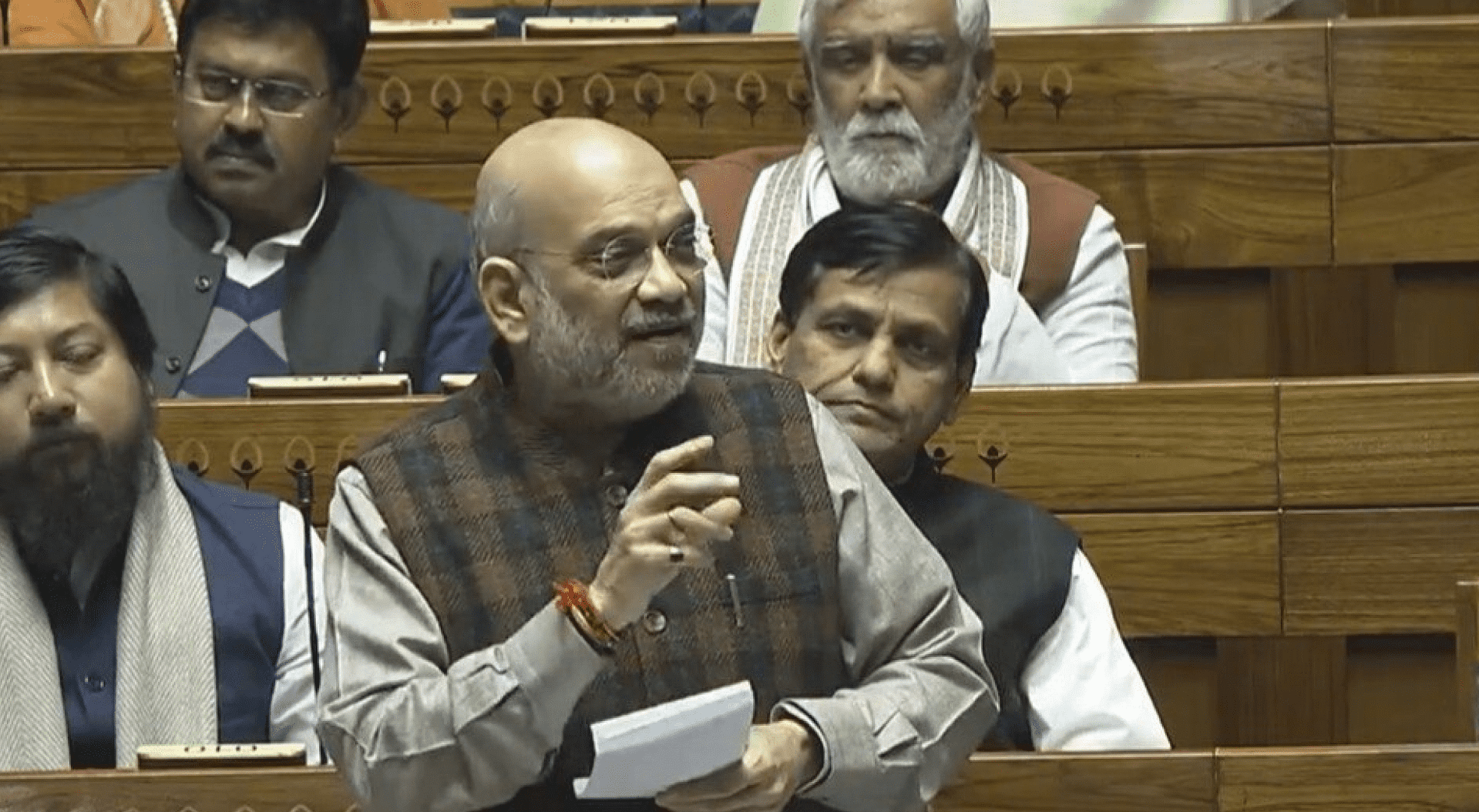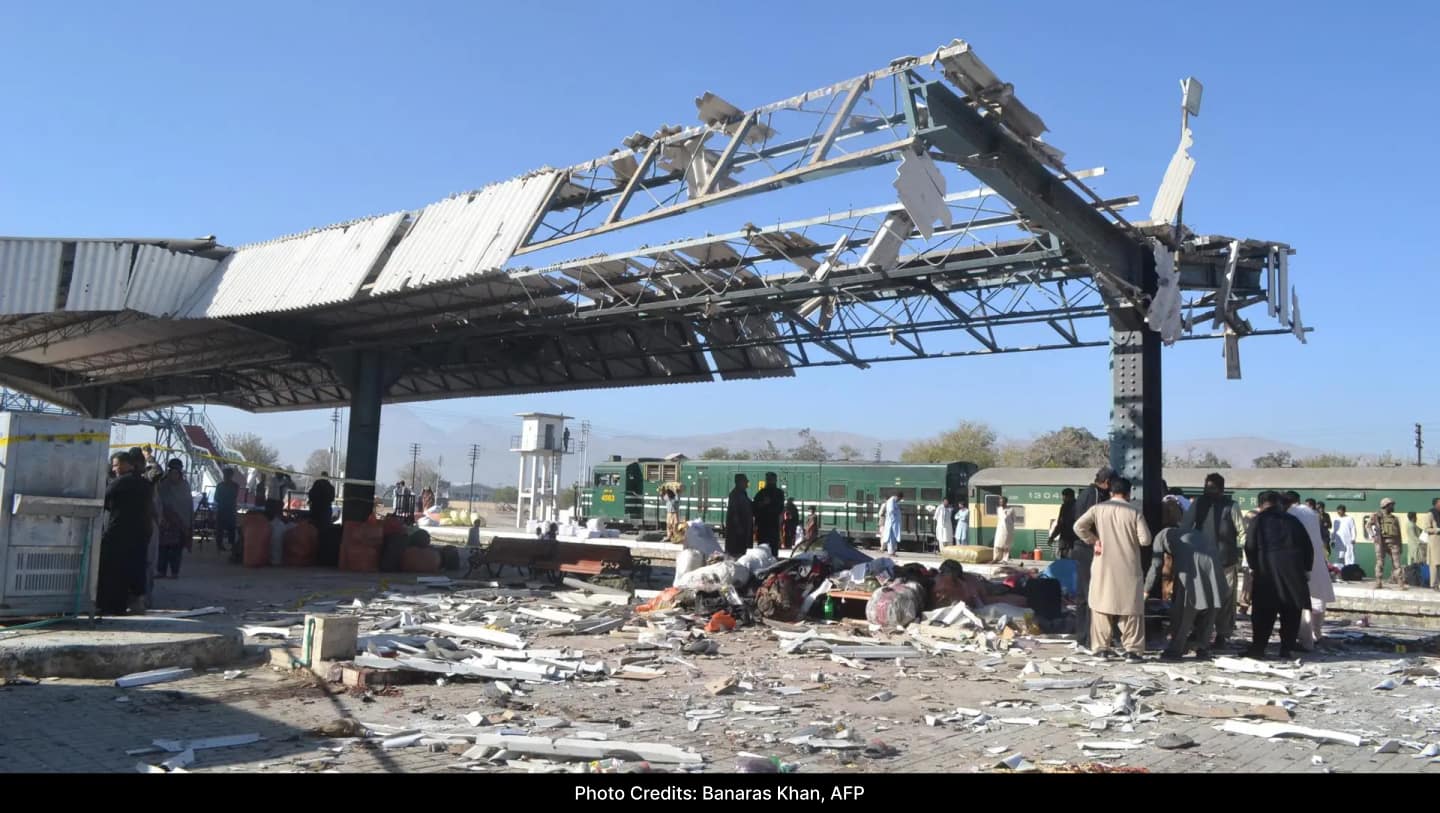The Lok Sabha on Wednesday passed the Bharatiya Nyaya (Second) Sanhita, Bharatiya Nagarik Suraksha (Second) Sanhita and Bharatiya Sakshya (Second) Bill in the absence of 141 opposition MPs who are under suspension.
The three Criminal Law Reform Bills were first introduced in the Lok Sabha on 11 August during the monsoon session of Parliament as Bharatiya Nyaya Sanhita, Bharatiya Nagarik Suraksha Sanhita and Bharatiya Sakshya Bill, 2023.
They were subsequently referred for further scrutiny to the Parliamentary Standing Committee on Home Affairs in the relevant ministry headed by Brij Lal, which submitted its reports on 10 November.
Instead of amending the bills as suggested by the committee, the central government decided to withdraw the bills on August 11. The statement mentioned that the bills will be re-introduced after making the changes recommended by the Parliamentary Standing Committee.
The Bharatiya Nyaya (Second) Sanhita now contains 358 sections. The first version of this Act had 356 sections, of which 175 were derived from the Indian Penal Code (IPC) as amended, with 22 sections proposed to be repealed and 8 new sections introduced.
Notably, although the offense of “sedition” set aside by the Supreme Court was not retained, a very similar provision was added to the proposed legislation. Section 152 punishes acts “endangering the sovereignty, unity and integrity of India”.
Organized crime, terrorism and murder by a group of five or more persons based on caste, language or personal belief were added to the offences.
The Bharatiya Nagrik Suraksha (Second) Sanhita now has 531 sections. The first draft of the law consisted of 533 sections, of which 150 came from the Criminal Code after revisions, 22 sections of the former Criminal Code were proposed to be abolished and 9 sections were to be newly added.
The proposed code introduced new concepts such as timelines for pardon applications, a witness protection scheme and the authorization of electronic modes for recording statements and gathering evidence. For crimes punishable by seven years or more, a forensic investigation is mandatory.
Another important provision expands the scope of summary trials, specifically in cases where the sentence does not exceed three years. This streamlining of legal processes aims to speed up justice and ensure a more efficient judicial system.
In addition, the proposed law introduces strict deadlines for various procedural aspects. For example, it mandates that the police must produce their challan in court within seven days of the first hearing. Furthermore, the legislation stipulates that the investigation must be completed within 90 days of the filing of the indictment. In particular, judgments reserved for decision are required to be announced within 30 days
The Bharatiya Sakshya Bill remains unchanged and has 170 sections. Of these 23 sections are from the Indian Evidence Act as amended, 1 section is entirely new and 5 sections are proposed to be deleted.
Notably, several MPs, including Ramesh Bidhuri and Nishikant Dubey, questioned the Supreme Court’s reading of Section 377 of the IPC and called for its reinstatement. However, the Minister of the Interior did not announce any such change.




